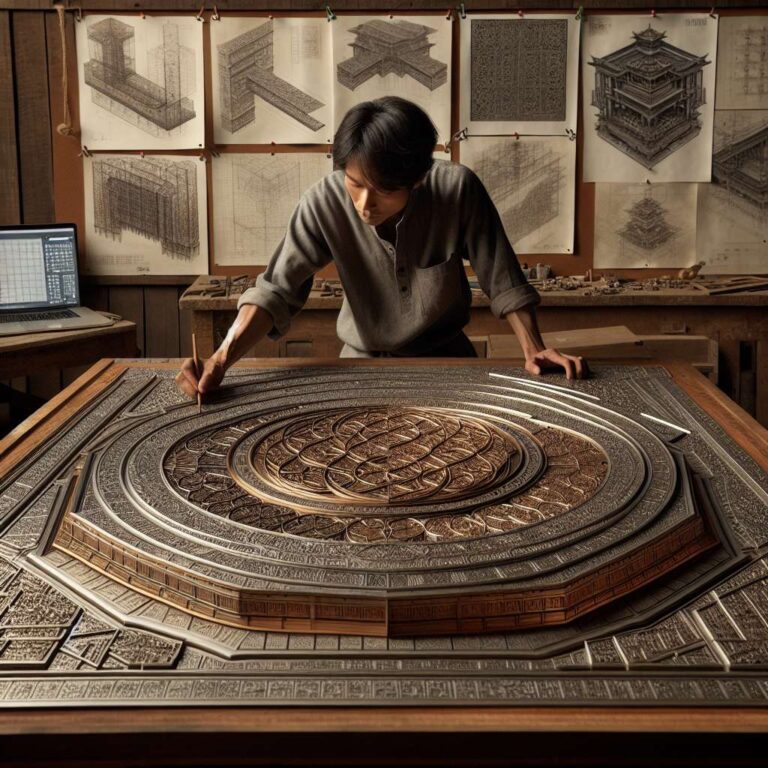Fujitsu has officially commenced research and development on a superconducting quantum computer designed to exceed 10,000 qubits, targeting the completion of the project by fiscal year 2030. The planned system will feature 250 logical qubits and is based on Fujitsu´s proprietary ´STAR architecture,´ which constitutes an early-stage fault-tolerant quantum computing (early-FTQC) platform. Through this initiative, Fujitsu aspires to create a practical quantum computing environment capable of tackling highly complex challenges, particularly in materials science, where such computational power can drive revolutionary discoveries.
To realize these ambitious goals, the company is prioritizing the advancement of key scaling technologies across several technical domains, with a focus on improving the reliability, stability, and scalability of quantum systems. The STAR architecture devised by Fujitsu is intended to address current limitations with qubit coherence and error rates, facilitating the transition to fault-tolerant operation at scale and bridging the gap between current quantum computation capabilities and real-world industrial demands.
Fujitsu´s efforts are being supported through its selection as an implementing partner in Japan´s ´Research and Development Project of the Enhanced Infrastructures for Post-5G Information and Communication Systems,´ a national initiative run by the New Energy and Industrial Technology Development Organization (NEDO). In this context, Fujitsu will play a key role in driving the industrialization of quantum computers, collaborating in joint research with the National Institute of Advanced Industrial Science and Technology (AIST) and RIKEN. The collaborative project will continue until the end of fiscal year 2027, positioning Fujitsu and its partners at the forefront of quantum hardware innovation.

